Publishing
Recent articles
Null and Noteworthy: Reexamining registered reports
Out of 92 preregistered studies that resulted in published papers, only 15 had fully adhered to their preregistration details, according to a new analysis.
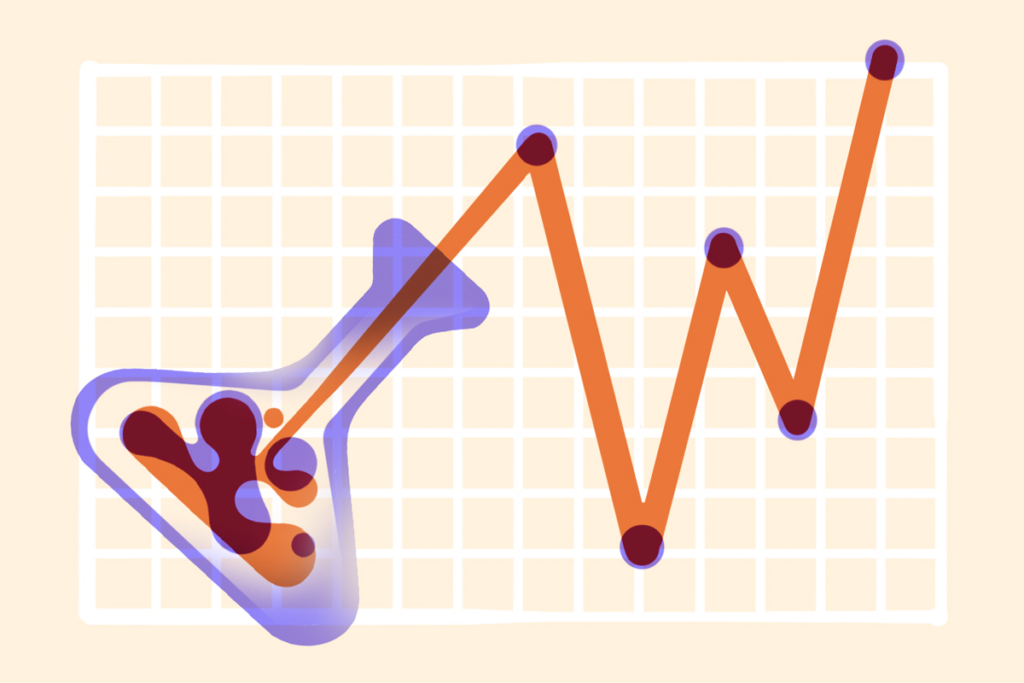
Null and Noteworthy: Reexamining registered reports
Out of 92 preregistered studies that resulted in published papers, only 15 had fully adhered to their preregistration details, according to a new analysis.
‘Spoonful of plastics in your brain’ paper has duplicated images
The duplications likely do not alter the conclusions, but the paper contains other methodological issues, two independent microplastics researchers say.
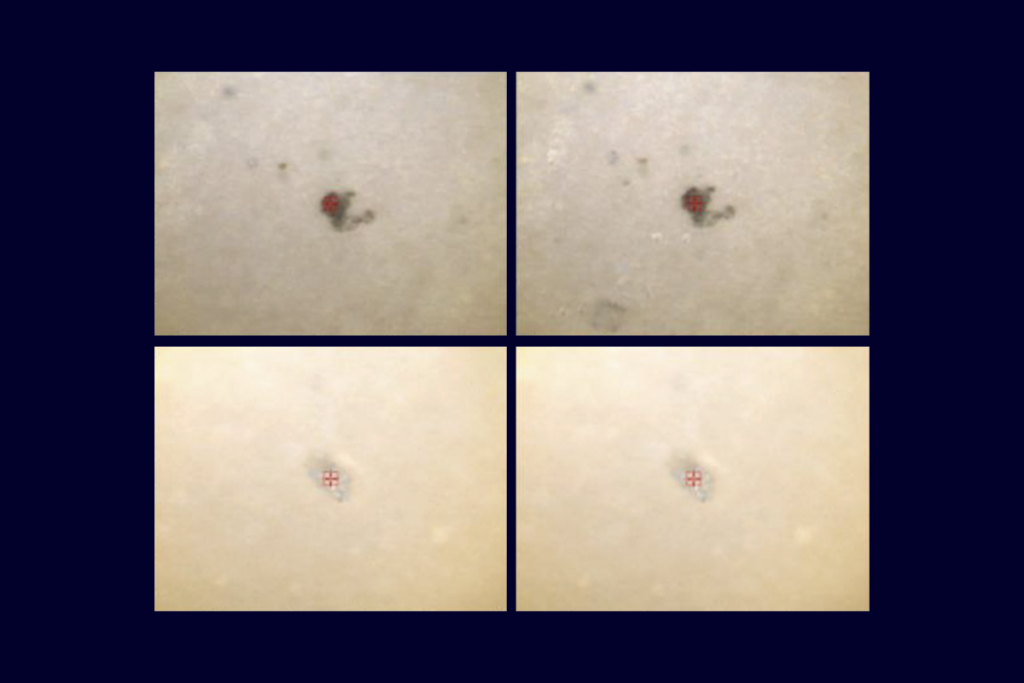
‘Spoonful of plastics in your brain’ paper has duplicated images
The duplications likely do not alter the conclusions, but the paper contains other methodological issues, two independent microplastics researchers say.
The last two-author neuroscience paper?
Author lists on papers have ballooned, and it’s getting hard to discern contribution.
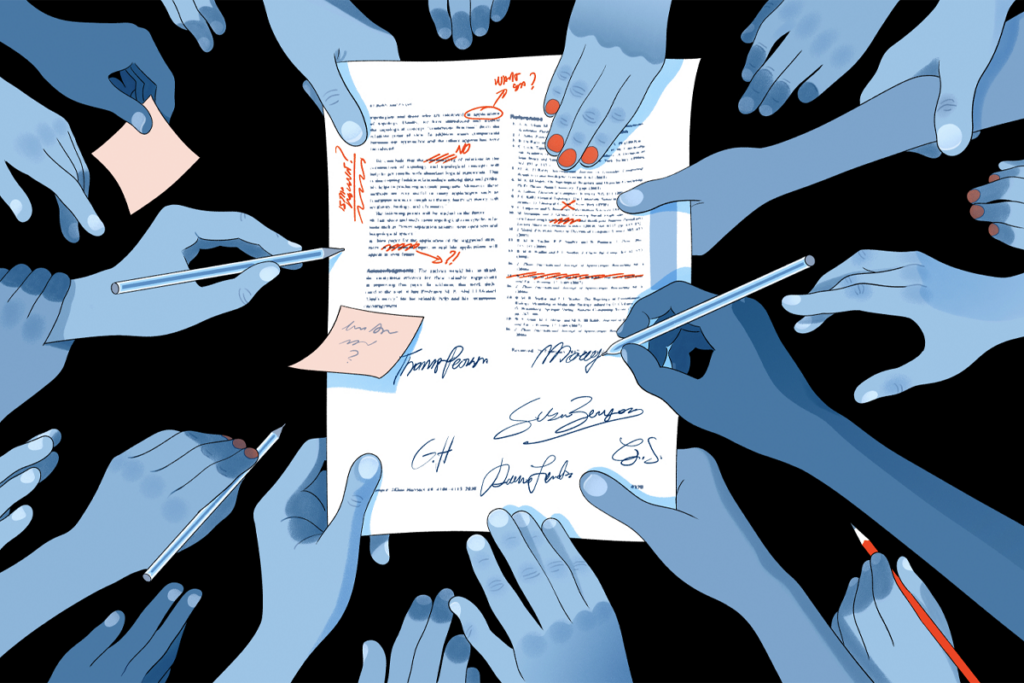
The last two-author neuroscience paper?
Author lists on papers have ballooned, and it’s getting hard to discern contribution.
Science must step away from nationally managed infrastructure
Scientific data and independence are at risk. We need to work with community-driven services and university libraries to create new multi-country organizations that are resilient to political interference.

Science must step away from nationally managed infrastructure
Scientific data and independence are at risk. We need to work with community-driven services and university libraries to create new multi-country organizations that are resilient to political interference.
‘Doctored: Fraud, Arrogance, and Tragedy in the Quest to Cure Alzheimer’s,’ an excerpt
In his new book, published today, investigative journalist Charles Piller tells the story of the scientific misconduct that shook Alzheimer’s disease research to its core, and the neuroscientist who helped to expose it.

‘Doctored: Fraud, Arrogance, and Tragedy in the Quest to Cure Alzheimer’s,’ an excerpt
In his new book, published today, investigative journalist Charles Piller tells the story of the scientific misconduct that shook Alzheimer’s disease research to its core, and the neuroscientist who helped to expose it.
The Transmitter’s favorite essays and columns of 2024
From sex differences in Alzheimer’s disease to enduring citation bias, experts weighed in on important scientific and practical issues in neuroscience.

The Transmitter’s favorite essays and columns of 2024
From sex differences in Alzheimer’s disease to enduring citation bias, experts weighed in on important scientific and practical issues in neuroscience.
Say what? The Transmitter’s top quotes of 2024
“We’ve cured mouse-heimer’s thousands of times...”—find out who said this to a Transmitter reporter, and read our other favorite quotes from the past year.

Say what? The Transmitter’s top quotes of 2024
“We’ve cured mouse-heimer’s thousands of times...”—find out who said this to a Transmitter reporter, and read our other favorite quotes from the past year.
Imagining the ultimate systems neuroscience paper
A growing body of papers on systems neuroscience and on giant simulations of neural circuits involves data beyond the point that anyone can reasonably understand end to end. Looking ahead, “paper-bots” could solve that problem.
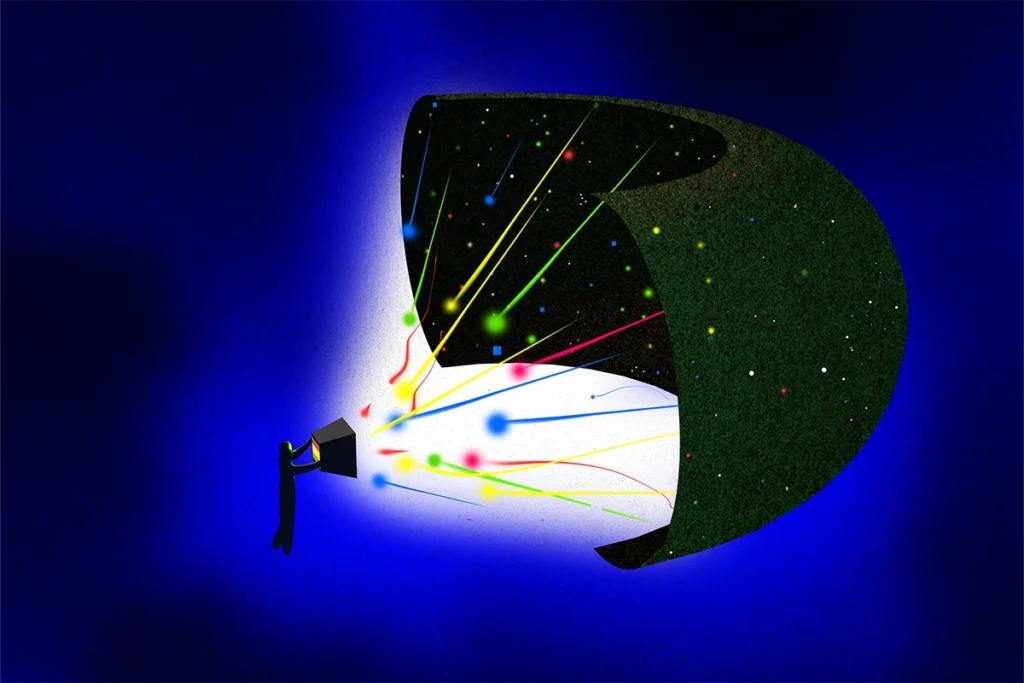
Imagining the ultimate systems neuroscience paper
A growing body of papers on systems neuroscience and on giant simulations of neural circuits involves data beyond the point that anyone can reasonably understand end to end. Looking ahead, “paper-bots” could solve that problem.
The case for redefining ‘theory of mind’: Q&A with François Quesque
In a new commentary, Quesque and 44 experts in neuroscience and psychology propose a standardized lexicon for research on the attribution of mental states.

The case for redefining ‘theory of mind’: Q&A with François Quesque
In a new commentary, Quesque and 44 experts in neuroscience and psychology propose a standardized lexicon for research on the attribution of mental states.
Former Columbia University psychiatrist committed research misconduct, says federal watchdog
Bret Rutherford, whose research was halted following a suicide in a clinical trial, falsely reported participant eligibility, according to the U.S. Office of Research Integrity.

Former Columbia University psychiatrist committed research misconduct, says federal watchdog
Bret Rutherford, whose research was halted following a suicide in a clinical trial, falsely reported participant eligibility, according to the U.S. Office of Research Integrity.
Explore more from The Transmitter
As federal funders desert mentorship programs for marginalized students, trainee-led initiatives fill the gap
Grassroots organizations, led by graduate students and postdoctoral researchers, are stepping up to provide neuroscience career training and guidance for students from marginalized backgrounds—and they need your support.

As federal funders desert mentorship programs for marginalized students, trainee-led initiatives fill the gap
Grassroots organizations, led by graduate students and postdoctoral researchers, are stepping up to provide neuroscience career training and guidance for students from marginalized backgrounds—and they need your support.
Split gene therapy delivers promise in mice modeling Dravet syndrome
The new approach overcomes viral packaging limitations by delivering SCN1A piecemeal and stitching it together in target cells.

Split gene therapy delivers promise in mice modeling Dravet syndrome
The new approach overcomes viral packaging limitations by delivering SCN1A piecemeal and stitching it together in target cells.
U.S. human data repositories ‘under review’ for gender identity descriptors
Researchers associated with the repositories received an email from the U.S. National Institutes of Health in March noting that they must comply with a 20 January executive order from President Trump that recognizes only two sexes: male and female.
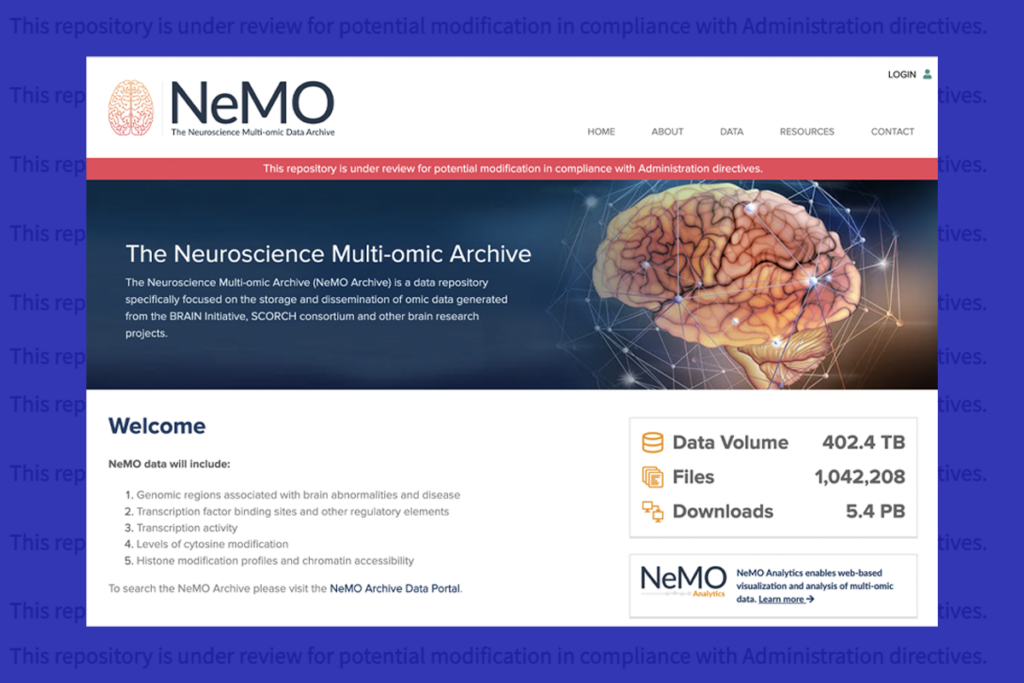
U.S. human data repositories ‘under review’ for gender identity descriptors
Researchers associated with the repositories received an email from the U.S. National Institutes of Health in March noting that they must comply with a 20 January executive order from President Trump that recognizes only two sexes: male and female.